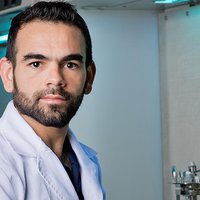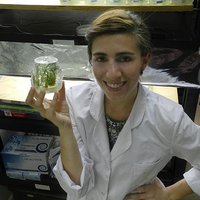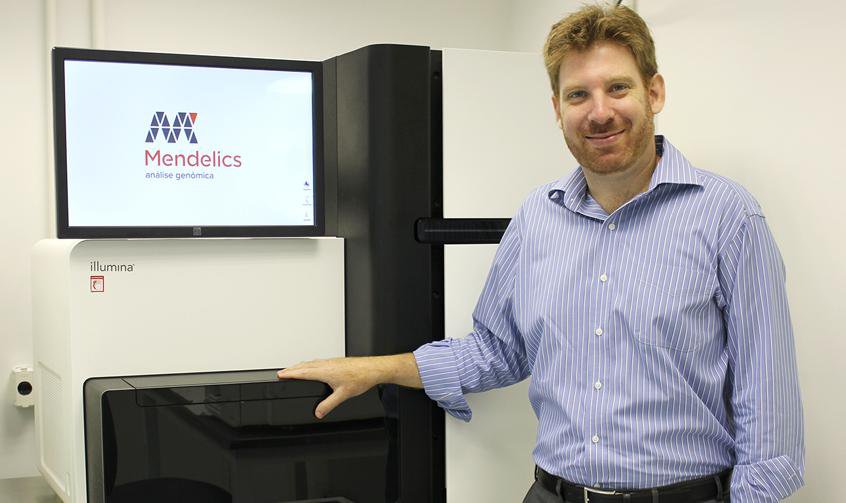Biotechnology & medicine
David Schlesinger
He has created a computer program to improve the diagnosis of rare genetic diseases

Global
Kathryn Whitehead
A systematic search discovered nanoparticles that could improve drug delivery.

Europe
Héctor Gómez
New methods to predict the evolution of the stages of prostate cancer

Latin America
Daniel Alberto Jacobo Velázquez
He has developed an alternative to GM systems to convert vegetable waste in bioactive compound factories

Latin America
Camila Petignat
She has created more nutritional and easier to digest forage crops that could increase livestock productivity and cut down on emissions
